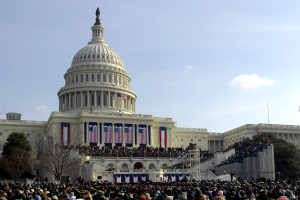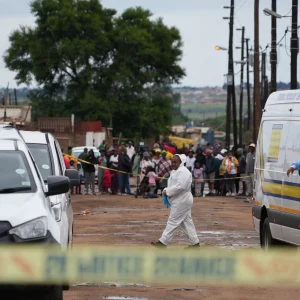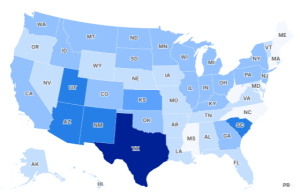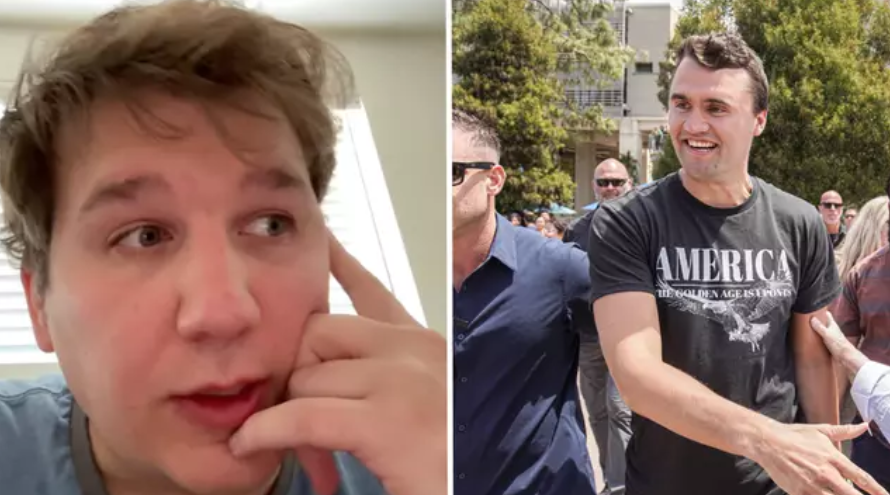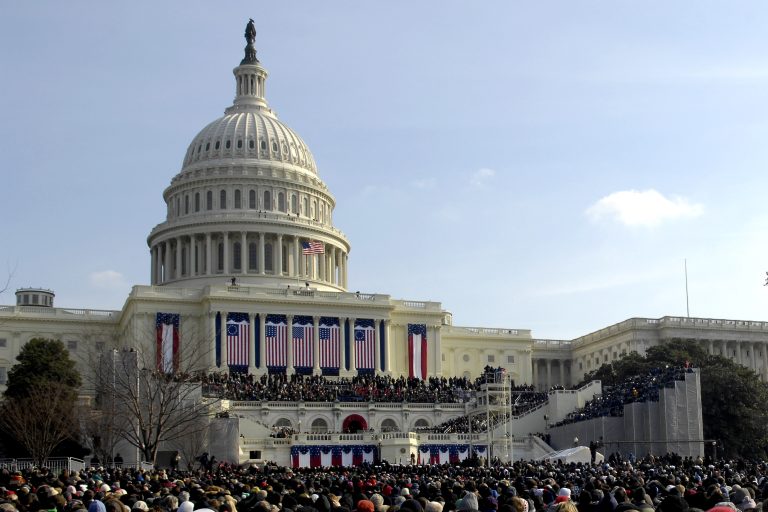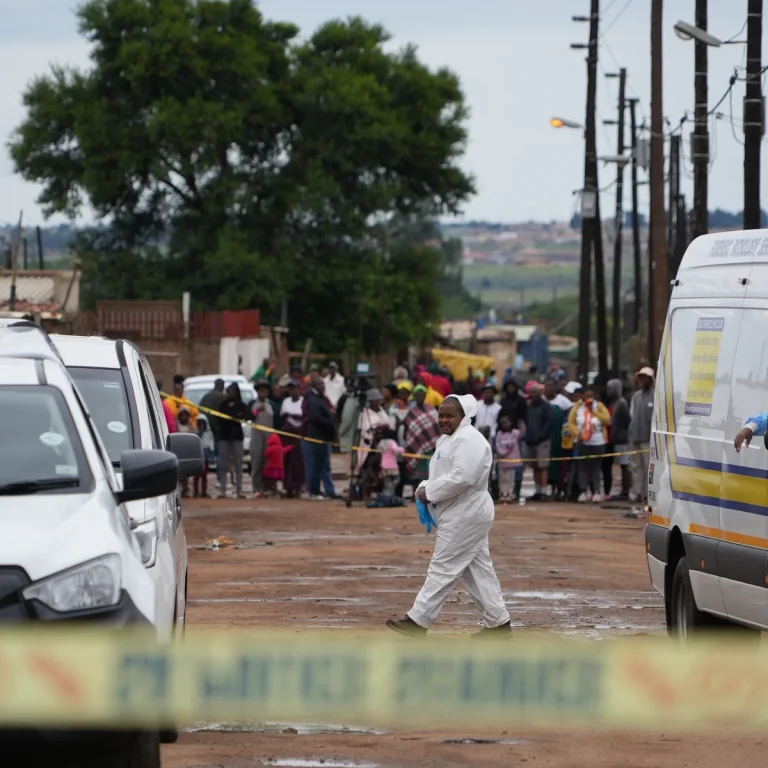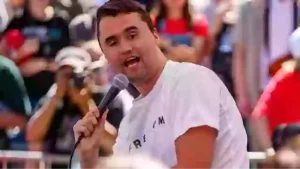On the afternoon of September 10, a packed crowd gathered at Utah Valley University (UVU) for what was meant to be a spirited exchange of ideas. Conservative activist Charlie Kirk was on stage, hosting one of his signature “Prove Me Wrong” debates. More than 3,000 students had assembled, filling the outdoor space with the kind of energy Kirk often drew on campuses across the country.
But what began as a lively dialogue ended in tragedy. Midway through answering a question, Kirk was struck by a bullet and fatally wounded in front of a stunned audience. The shooting sent shockwaves through the political world, across university campuses, and around the globe.
Now, the student who was speaking directly to Kirk when the fatal shot rang out has come forward to share his perspective on what he witnessed, the weight of that moment, and the lasting impact it has left on him.
A Debate Turned Tragedy
Videos circulating online captured the sequence of events. Kirk sat beneath a white gazebo, microphone in hand, responding to a student during the Q&A session. His tone was measured, his gestures calm, when suddenly a gunshot echoed. Kirk jolted violently, dropped his microphone, and collapsed backward.
The bullet, investigators later confirmed, struck him in the neck. The crowd screamed in panic as security rushed to the stage. Within moments, the event—planned as an exercise in dialogue—had transformed into a crime scene.
The student who had been debating him in that exact instant was Hunter Kozak, a mathematics major at UVU. Kozak has since described the experience as haunting and deeply humanizing, both for himself and for anyone who witnessed it.
“As Much as I Disagree With Him, He Was Still a Human Being”
Kozak spoke out the following day in an Instagram video, visibly shaken as he recounted what happened. “As much as I disagree with Charlie Kirk, I’m on the record for how much I disagree with Charlie Kirk,” he said. “But like… man, dude, he is still a human being. Have we forgotten that?”
His words struck a chord. Even those who had clashed ideologically with Kirk recognized the humanity in the moment. Kozak said that he was disturbed to see some individuals celebrating the assassination online. He condemned them bluntly: “First off, you sick fing psychos that think this is the answer. It’s not. It’s fing not. It’s awful. And a father doesn’t have his kids anymore.”
Kozak himself is a husband and father of two, a fact that intensified his empathy for Kirk’s family. “If my one-year-old boy—like, his one-year-old boy will grow up without memories of his dad,” he said, pausing. “That just… it’s devastating.”
The Debate Itself
Before the tragedy struck, Kozak had taken the microphone to challenge Kirk on a contentious claim. Kirk had suggested that transgender individuals were increasingly represented among mass shooters in the United States. Kozak, who disagreed strongly, wanted to push back.
“I asked, you know, how many transgender Americans have been mass shooters in the last 10 years?” Kozak explained. Kirk replied, “Too many.”
Kozak countered with a figure: five. To this, Kirk asked a follow-up—his last recorded words: “Counting or not counting gang violence?”
Seconds later, the fatal shot rang out.
For Kozak, the irony has not been lost. “People have obviously pointed to the irony that the point that I was trying to make is how peaceful the left was, right before he got shot. That only makes sense if we are peaceful,” he said.
Grappling With the Aftermath
Kozak has emphasized how emotionally difficult it has been to process the experience. “I’m not going to show a video of what happened, mostly because I can barely watch it,” he said in his Instagram message. “It’s been a rough 24 hours. It’s a tragedy and I’m part of a community that’s struggling to grapple with it right now.”
Messages of sympathy poured in for him online, with many recognizing the trauma of having witnessed such violence up close. “I’m sorry you had to witness this. I hope you’re doing OK,” one commenter wrote. Another added: “Thank you for speaking out, for using your platform to do the right thing. All violence is wrong.”
While Kozak made clear he does not align with Kirk politically, he acknowledged one aspect of Kirk’s approach that he respected: his willingness to engage in conversation. “I stand by so little of what he said, but one of the things that [Kirk] stood by was conversation,” Kozak said.
Who Charlie Kirk Was
Charlie Kirk, 31, was known as the co-founder of Turning Point USA, a conservative youth organization with a powerful influence on American campus politics. He had built a reputation for being outspoken, combative in debate, and unafraid of controversy.
The “Prove Me Wrong” events were his hallmark—a chance for students to challenge him publicly on topics ranging from free speech to gender identity, race relations, and government policy. He believed in putting his views directly to audiences that often disagreed with him.
It was during one of those events, with thousands in attendance, that his life was cut short.
Condemnation of Violence
Kirk’s assassination has been widely condemned across the political spectrum. President Donald Trump, a close ally of Kirk, decried the shooting and called for unity against political violence. Other leaders, both domestic and international, echoed those sentiments.
The FBI and local Utah authorities have launched a manhunt for the shooter, who fled the scene. Details remain limited, but investigators confirmed they had recovered the weapon used and were analyzing engraved messages found on the bullets.
A Community in Mourning
At UVU, students and faculty have gathered to mourn, lighting candles and leaving flowers at the site where the debate turned tragic. The university issued a statement calling the shooting a “violation of the very spirit of academic discourse and community dialogue.”
For many students, including Kozak, the event has been transformative. It has underscored not only the fragility of life but also the importance of maintaining civility, even amid profound disagreements.
Kozak, reflecting on what he experienced, has become an unexpected voice for restraint and compassion. “I wanted to debate him, because I disagreed with him,” he said. “But never in a million years did I think that conversation would end the way it did.”
The Larger Meaning
The assassination of Charlie Kirk has raised pressing questions about political extremism, the safety of public discourse, and the line between passionate disagreement and violent action. For those who admired Kirk, his death was a devastating blow to the conservative movement. For his critics, it was a sobering reminder that even sharp disagreement should never eclipse our shared humanity.
As Kozak put it: “He is still a human being. Have we forgotten that?”
Conclusion
What was meant to be another stop on Charlie Kirk’s campus tour became the site of his final moments. A young student, intent on proving him wrong through words, instead became the last person to hear him speak.
Now, Hunter Kozak’s reflections carry a weight that transcends political divides. His plea—for peace, for civility, for recognition of each other’s humanity—echoes far beyond the campus of Utah Valley University.
In the shadow of tragedy, his message is clear: debate must never give way to bullets.

James Jenkins is a celebrated Pulitzer Prize-winning author whose work has reshaped the way readers think about social justice and human rights in America. Raised in Atlanta, Georgia, James grew up in a community that instilled in him both resilience and a strong sense of responsibility toward others. After studying political science and creative writing at Howard University, he worked as a journalist covering civil rights issues before dedicating himself fully to fiction. His novels are known for their sharp, empathetic portraits of marginalized communities and for weaving personal stories with broader political realities. Jenkins’s breakout novel, Shadows of Freedom, won national acclaim for its unflinching look at systemic inequality, while his more recent works explore themes of identity, resilience, and the fight for dignity in the face of oppression. Beyond his novels, James is an active public speaker, lecturing at universities and participating in nonprofit initiatives that support literacy and community empowerment. He believes that storytelling is a way to preserve history and inspire change. When not writing, James enjoys jazz music, mentoring young writers, and traveling with his family to explore cultures and stories around the world.
